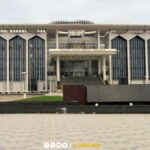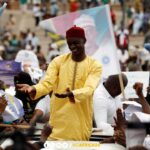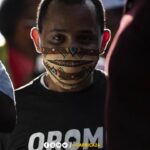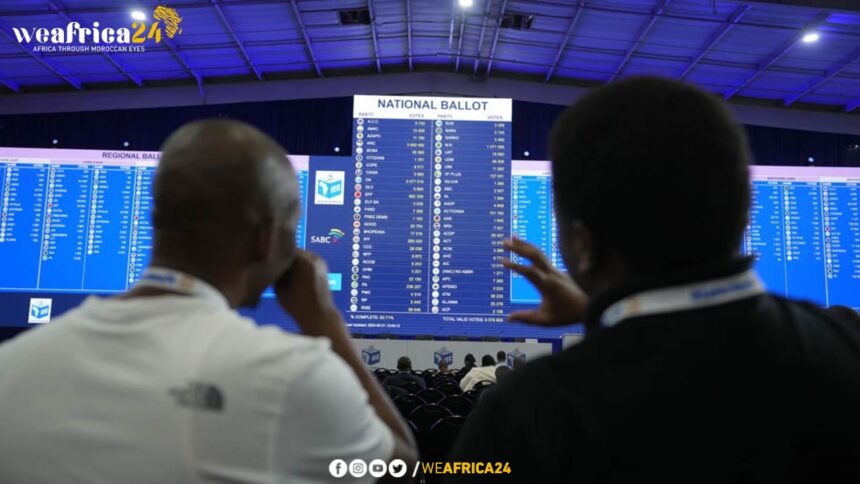As the vote count for Wednesday’s general elections in South Africa nears completion at 96%, the results confirm a significant decline in support for the ruling party. The African National Congress (ANC), despite remaining the country’s largest party, has suffered a substantial blow. Under the leadership of Cyril Ramaphosa, the ANC has secured only about 40% of the vote, losing its absolute majority in the National Assembly for the first time since the end of apartheid.
The ANC’s support has dwindled to 40.26% of the vote, according to the near-final count, marking a severe disappointment, as reported by our correspondent in Johannesburg, Claire Bargelès. This result signifies a loss of more than 15 percentage points compared to the 2019 general elections, where the party already saw a decline with 57.5%.
The message from South African voters is clear: dissatisfaction with the economic situation, vast inequalities, and an unemployment rate affecting one-third of the population has led them to penalize the ANC at the polls.
The Democratic Alliance (DA) has emerged in second place with approximately 22% of the votes, while the newly formed MK party has secured third place with around 15%, according to the near-final results.
The ANC is also expected to lose its absolute majority in several provinces, coinciding with provincial elections. Notably, the party is likely to lose its grip on Gauteng, which includes Johannesburg and Pretoria. More surprisingly, in KwaZulu-Natal, the MK party led by former president Jacob Zuma is poised to make significant gains, coming close to the 50% mark.
The ANC’s executive committee is scheduled to meet over the weekend to deliberate before making any statements and initiating potential coalition talks. Once the official results are declared, discussions for possible coalitions will commence. The parties have 14 days before the first session of the National Assembly and the vote to elect the next president.
If the ANC intends to appoint a president from its ranks—most likely the current President Cyril Ramaphosa, who is seeking a second term—it will need to form a coalition in the National Assembly.
Jacob Zuma’s New Party MK Achieves Remarkable Success
One of the key factors in the ANC’s decline is its former president, Jacob Zuma, who defected in December to form the MK party. In a remarkable turnaround, Zuma’s breakaway party has become the third-largest political force in South Africa. Despite lacking a solid structure, the party has capitalized on Zuma’s persona, as reported by our correspondent in Johannesburg, Romain Chanson.
To some, Zuma represents the corruption that has weakened the country, but to others, he remains a charismatic and popular figure and a guardian of traditions. Being of Zulu origin, Zuma has successfully mobilized voters from South Africa’s largest ethnic group. The KwaZulu-Natal province, home to Durban and one of Africa’s most important ports, voted overwhelmingly for him. It is possible that MK could now govern this province.
Six years after being ousted from the presidency by the ANC due to corruption scandals, Jacob Zuma is staging a comeback. Although he is not a candidate due to his criminal record, which prevents him from sitting in the National Assembly, Zuma’s influence remains significant. At 82, he has demonstrated that he is still a force to be reckoned with.
According to MK spokesperson Nhlamulo Ndhlela, these results are not a “surprise,” but it is “unprecedented” for a party created in December to become the third-largest political force in the country.







